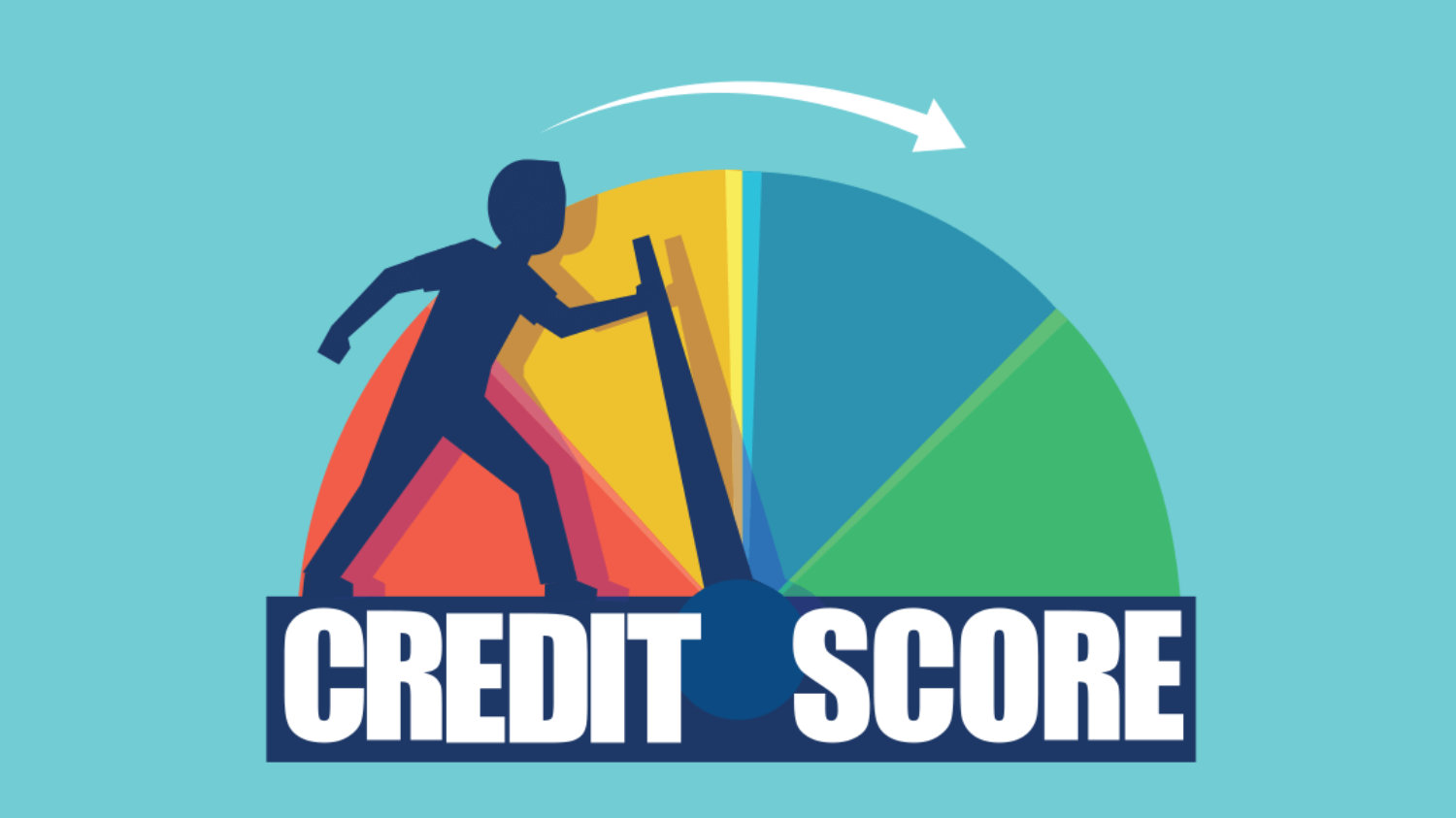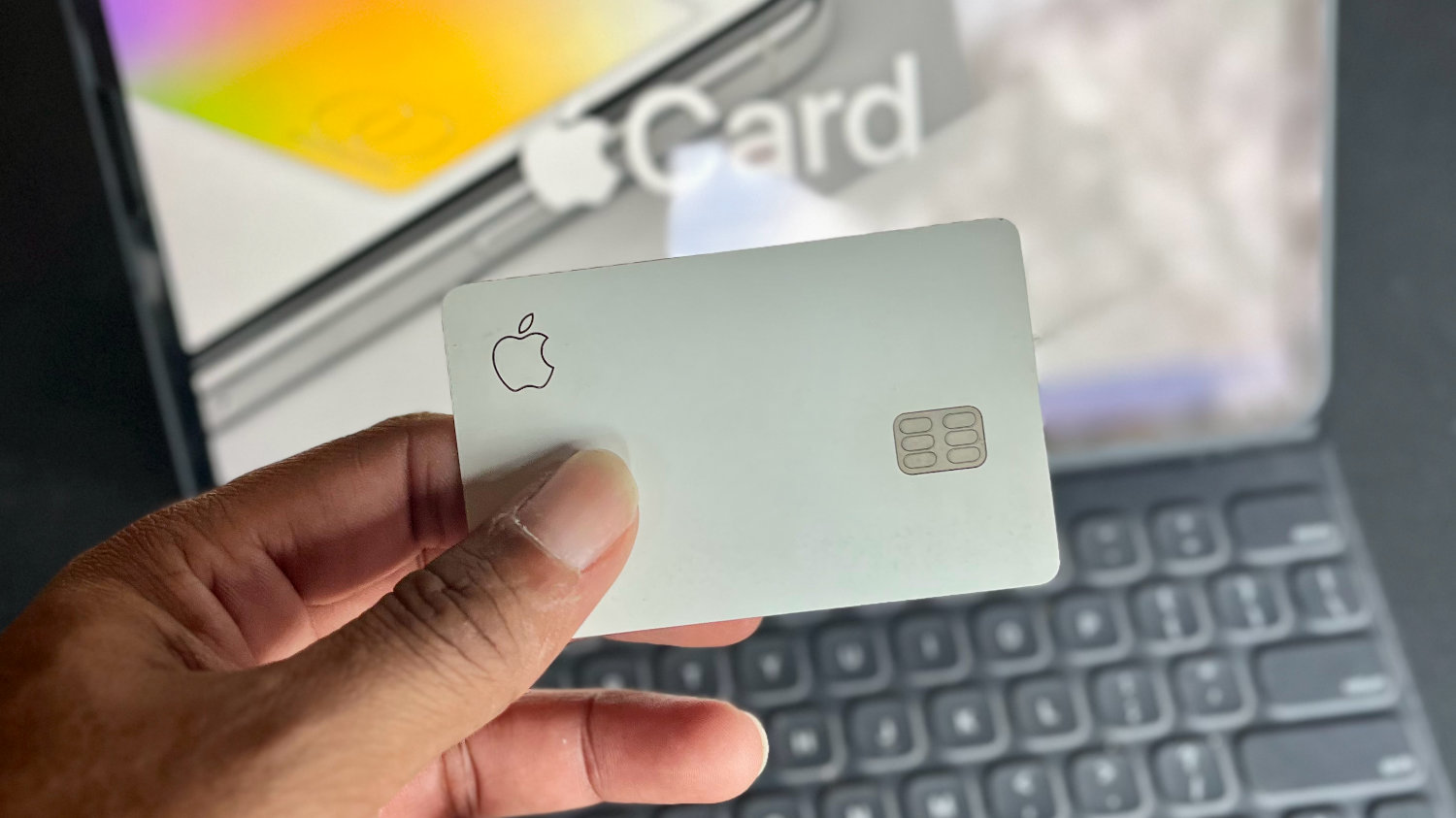6 Tips for Promoting Your Website

Online marketing is one of the best strategies for promoting your website. Be that as it may, it is not that simple. With so many competing websites, yours could end up lost among countless others.
This is why having multiple avenues is your best chance of getting your website noticed. Here are a few techniques on how to get the best results, when promoting your website (blogs, e-commerce, forums, portfolio, etc.).
Guest Post & Comments
Many established blogs will have the option for guest post contributions, as a way to increase their own internet presents. What do they stand to gain from it? They get free content while you get a free backlink to your website. You can insert backlinks into the post, comments, or in some cases your profile page.

Blog websites also tend to have a larger audience which translates to a higher chance of someone visiting your links. These types of websites will only accept good quality content, so be sure to take some and proofread before submitting.
Likewise, commenting on similar blogs is a good way of showing your support, and if you are subtle about it, add a backlink to your own website. Take some time to investigate the quality of links other guests have submitted. This can help you determine the quality of content a blog will accept.
Social Media
Most established websites have one thing in common, and it is their social media presence. They have made it a key part of their marketing strategy to take advantage of the millions of users sharing data.

Facebook, Twitter, YouTube, and Pinterest are four of the biggest social media platforms presently dominating the internet. They all offer the ability to create a free profile, promote your website, and get exposure to all their users.
Opening an account does not automatically give you exposure to everyone. Regardless, with good planning, you can also bring exposure to your website.
Directories
Directories are a popular method of getting free advertising, but their effectiveness will depend on thier online reputation. The ones oversaturated with low-quality sites are not worth the effort, since visitors are less likely to remain on a site full of spammy links alone.

Furthermore, websites listed in link low-quality directories rarely rank well in search results because of their association with dubious sites. So, when choosing where to put your links, you should avoid low content sources.
If you do decide on listing your website in a directory be sure to place your entry in the related section. This will also ensure that visitors coming to your website are actually interested in your niche.
Email Signatures
Like a business card, embedding your website information in your emails signature can prove to be effective, it is a great way of getting a free advertisement without actually spamming. A website address in your signature also displays professionalism.

Even with new technologies, emails are still one of the best methods of communicating, because of their adaptability. Everyday devices such as smartphones and tablets have a dedicated app just for emails.
Study Your Competitors

Knowing what makes your competitors successful can come in very handy for devising a similar marketing strategy. This sort of research is a common practice among businesses. Many online services will provide you with a basic report of a website for free. It is also a good idea to run a report on your own site in order to compare it with similar ones.
Good quality, Not quantity links
No matter what strategy you use, always strive to be a high-quality website. Visitors are more likely to come back if they find content with value. Good quality content also gets shared more, so take some time to build your website before building links.

Search engines such as Google and Bing make up a huge percentage of potential traffic sources. These search engines are more likely to give preference to high-quality websites. This practice is known as website ranking. This is Google’s way of making sure users get the best search results.

A credit score is a numerical representation of a person’s creditworthiness, based on a variety of factors, including payment history,…

Apple Card is a credit card that was launched by Apple in 2019. It is a co-branded credit card with…

